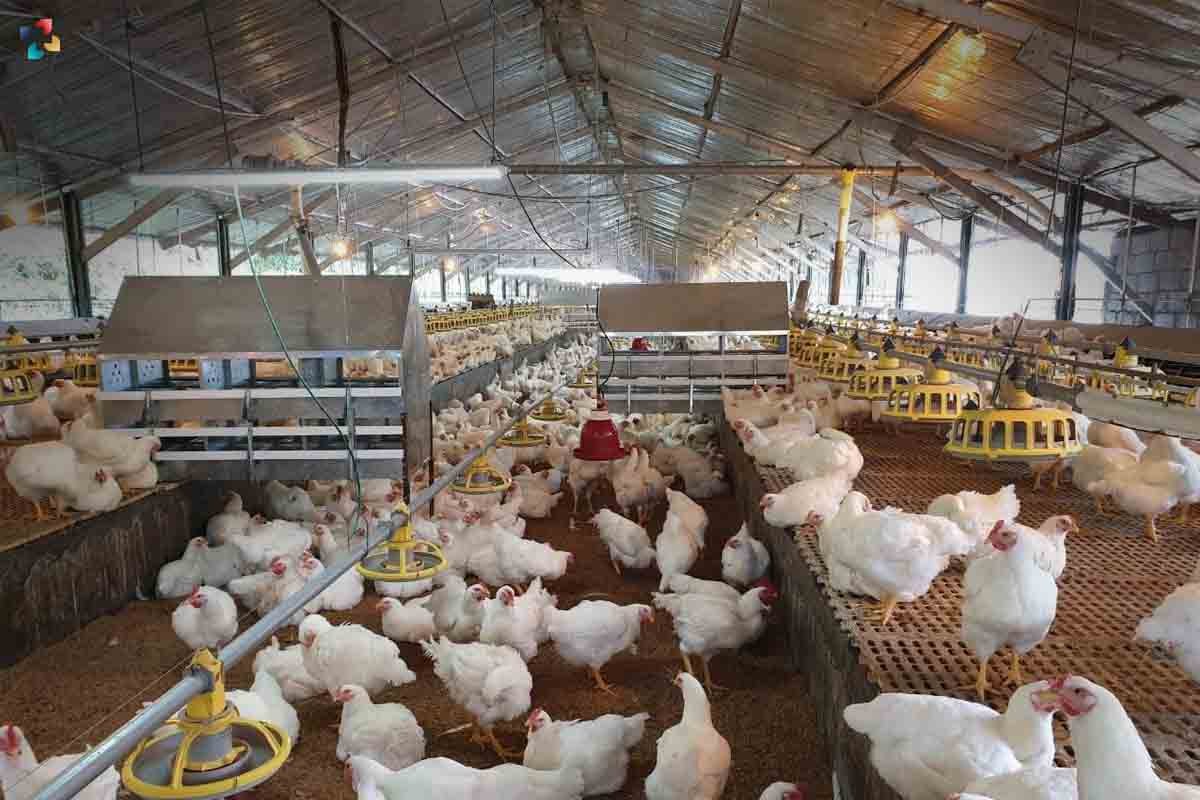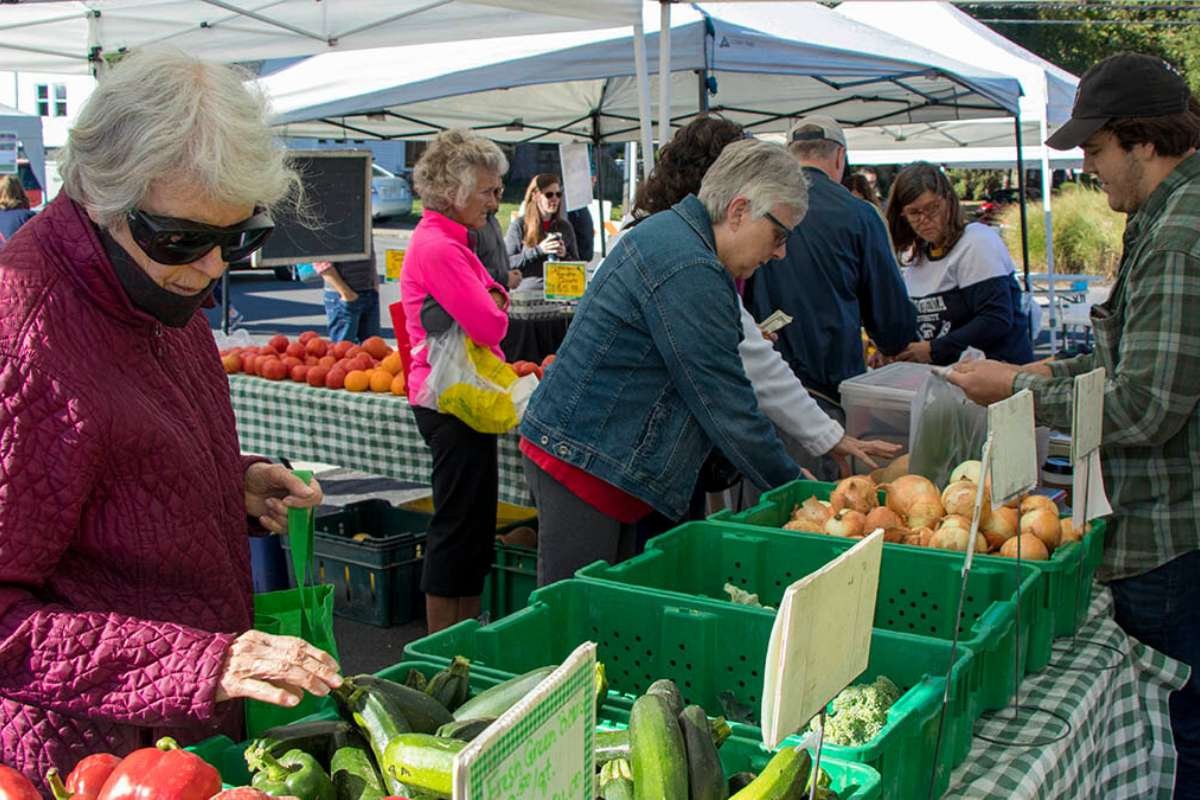Poultry farming is a major industry worldwide, with millions of birds being raised for meat and egg production. Poultry farms are also potential sources of disease transmission, not only among birds but also between birds and humans. Maintaining high levels of hygiene is crucial to prevent the spread of disease and ensure the health and welfare of the birds. Here are five Hygiene Protocols at Poultry Farms:
Here are 5 Hygiene Protocols at Poultry Farms;
1. Biosecurity

Biosecurity measures are essential to prevent the introduction and spread of diseases on poultry farms. Biosecurity involves implementing measures to reduce the risk of disease transmissions, such as restricting access to the farm, controlling the movement of birds and people, and disinfecting equipment and vehicles. Here are some biosecurity Hygiene Protocols at Poultry Farms:
- Restrict access: Limit access to the farm to authorized personnel only. Implement signage and fencing to indicate restricted areas.
- Control movement: Implement measures to control the movement of birds and people on the farm, such as footbaths, disinfectant mats, and handwashing stations.
- Disinfect equipment: Implement a regular cleaning and disinfection program for all equipment and vehicles used on the farm. Use appropriate disinfectants and ensure that equipment is completely dry before reuse.
- Monitor visitors: Record the details of all visitors to the farm, including the purpose of their visit and the areas of the farm they have accessed.
2. Personal Hygiene
Maintaining good personal hygiene is crucial to prevent the spread of disease on poultry farms. People working on the farm should follow good Hygiene Protocols at Poultry Farms to reduce the risk of disease transmission. Here are some personal Hygiene Protocols at Poultry Farms that should be implemented:
- Handwashing: People working on the farm should wash their hands thoroughly with soap and water before and after handling birds, feed, or equipment. Use hand sanitizer when water is not available.
- Protective clothing: People working on the farm should wear clean protective clothing, such as coveralls, boots, and gloves. Change clothing and footwear before entering and leaving the farm.
- Showering: People working on the farm should shower before and after working with birds to reduce the risk of disease transmission.
- Illness reporting: People working on the farm should report any symptoms of illness to the farm manager to prevent the spread of disease
3. Sanitation

Maintaining a clean environment is crucial to prevent the spread of disease on poultry farms. Proper sanitation practices should be implemented to reduce the risk of disease transmission. Here are some sanitation Hygiene Protocols at Poultry Farms:
- Cleaning: Implement a regular cleaning program for all surfaces, equipment, and buildings on the farm. Use appropriate detergents and disinfectants and ensure that surfaces are completely dry before reuse.
- Rodent and pest control: Implement measures to control rodents and pests on the farm, such as trapping and baiting. Keep the farm free from debris and litter to reduce the risk of pest infestations.
- Waste disposal: Implement a proper waste disposal program for all waste generated on the farm, including manure and dead birds. Dispose of waste in a safe and environmentally friendly manner.
- Water sanitation: Implement measures to ensure that the water used on the farm is safe and clean. Test the water regularly for contaminants and implement appropriate treatment measures as necessary.
4. Vaccination
Vaccination is an important tool in preventing the spread of disease on poultry farms. Vaccines can help protect birds against specific diseases and reduce the risk of disease transmission. Here are some vaccination practices that should be implemented:
- Consult with a veterinarian: Consult with a veterinarian to determine which vaccines are necessary for the birds on the farm. Follow the veterinarian’s recommendations for vaccine schedules and administration.
- Proper storage and handling: Store vaccines properly and handle them according to the manufacturer’s instructions to ensure their effectiveness.
- Record keeping: Keep accurate records of all vaccinations administered to the birds on the farm. This information is important for future reference and for demonstrating compliance with regulatory requirements.
5. Monitoring and Surveillance

Monitoring and surveillance are important tools for identifying potential disease outbreaks and taking appropriate action to prevent their spread. Regular monitoring and surveillance should be implemented to detect and respond to any signs of disease. Here are some monitoring and surveillance practices that should be implemented:
- Record keeping: Keep accurate records of bird mortality, illness, and any other relevant information. This information can help identify potential disease outbreaks and track the effectiveness of preventative measures.
- Regular health checks: Implement a regular health check program for all birds on the farm. Monitor birds for any signs of illness and take appropriate action if necessary.
- Laboratory testing: Implement a laboratory testing program to test birds for any diseases of concern. Use appropriate testing methods and consult with a veterinarian to interpret the results.
- Reporting: Report any signs of illness or disease outbreaks to the appropriate authorities, such as regulatory agencies or veterinarians.
BOTTOM LINE
Maintaining high levels of hygiene is crucial to prevent the spread of disease on poultry farms. Implementing biosecurity measures, maintaining personal hygiene, implementing proper sanitation practices, vaccination, and monitoring and surveillance are important tools to prevent the spread of disease. Regular training and education should be provided to people working on the farm to ensure that they are aware of and follow best practices for hygiene and disease prevention. By implementing these Hygiene Protocols at Poultry Farms, poultry farmers can help ensure the health and welfare of their birds and protect their businesses from the financial losses associated with disease outbreaks.








